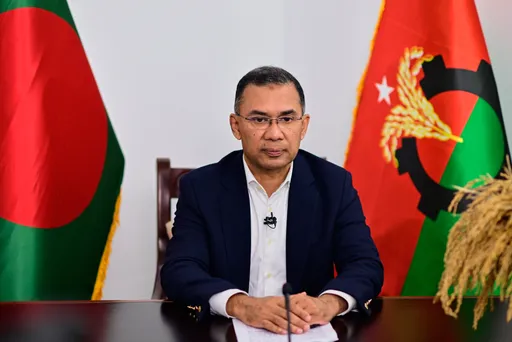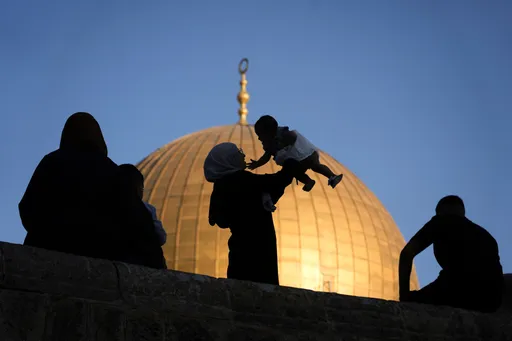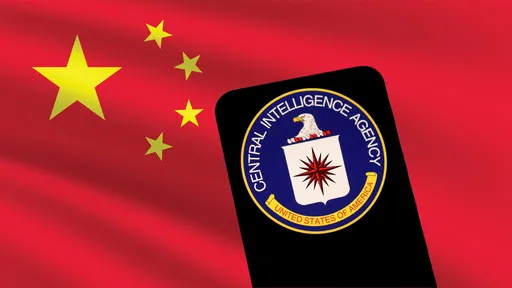Kosovar Interior Minister Xhelal Svecla has said Serbia, under the influence of Russia, was aiming to destabilise Kosovo by supporting the ethnic Serb minority in the north who have been blocking roads and protesting for almost three weeks in the Balkan country.
Serbs in the ethnically divided city of Mitrovica in northern Kosovo erected new barricades on Tuesday, hours after Serbia said it had put its army on the highest combat alert following weeks of escalating tensions between Belgrade and Pristina.
"It is precisely Serbia, influenced by Russia, that has raised a state of military readiness and that is ordering the erection of new barricades, in order to justify and protect the criminal groups that terrorise... citizens of Serb ethnicity living in Kosovo," Svecla said in a statement on Tuesday.
Serbia denies it is trying to destabilise its neighbour and says it just wants to protect minority there.
Serbian President Aleksandar Vucic said on Tuesday, Serbia would "continue to fight for peace and seek compromise solutions."
Belgrade had said late on Monday that in light of the latest events in the region and its belief that Kosovo was preparing to attack Serbs and forcefully remove the barricades, it had ordered its army and police to be put on the highest alert.
Since December 10, ethnic Serbs in northern Kosovo have erected multiple roadblocks in and around Mitrovica and exchanged fire with police after the arrest of a former Serb policeman for allegedly assaulting serving police officers.
Albanian-majority Kosovo declared independence from Serbia in 2008 with the backing of the West, following a 1998-1999 war in which NATO intervened to protect ethnic Albanian citizens.
Kosovo is not a member of the United Nations and five EU states — Spain, Greece, Romania, Slovakia and Cyprus — refuse to recognise Kosovo's statehood.
Russia, Serbia's historical ally, is blocking Kosovo's membership in the United Nations.
READ MORE: Serbian army ordered for combat readiness: defence minister
Tension in Serb-populated area
Around 50,000 ethnic Serbs live in the northern part of Kosovo and refuse to recognise the Pristina government or the state. They see Belgrade as their capital.
Kosovo's government said police had the capacity and readiness to act but were waiting for NATO's KFOR Kosovo peacekeeping force to respond to their request to remove the barricades.
Vucic said talks with foreign diplomats were ongoing on how to resolve the situation.
In Mitrovica on Tuesday morning trucks were parked to block the road linking the Serb-majority part of the town to the Albanian-majority part.
The ethnic Serbs are demanding the release of the arrested officer and have other demands before they will remove the barricades.
Ethnic Serb mayors in northern Kosovar municipalities, along with local judges and some 600 police officers resigned last month in protest over a Kosovo government decision to replace Serbian-issued car license plates with ones issued by Pristina.
Russia's invasion of Ukraine has led European Union states to devote more energy to improving relations with the six Balkan countries of Albania, Bosnia and Herzegovina, Kosovo, Montenegro, North Macedonia and Serbia, despite continuing reluctance to enlarge the EU further.
READ MORE: NATO general says able to secure Kosovo as Serbia tries to deploy troops























